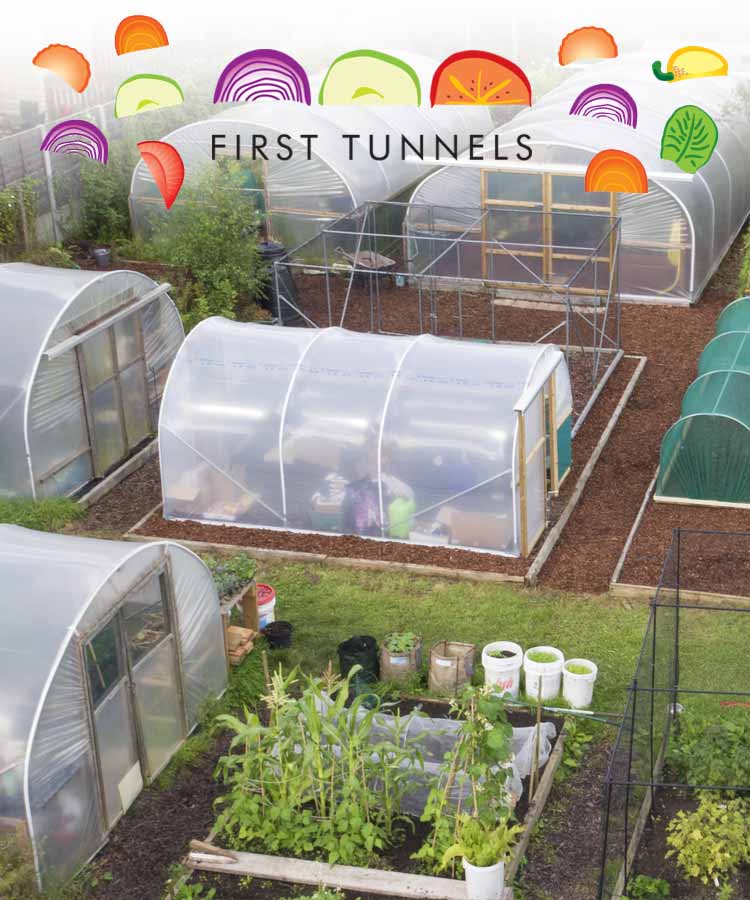Understanding the soil where you live is key to understanding the gardening process and can be the difference between success and failure in your polytunnel growing efforts. There are several elements to getting to know the soil and one of the key factors you should consider is pH. In other words, how acidic or alkaline your environment is.
You may get some clues to the pH of your soil by looking at the soil type. For example, a very peaty soil is generally on the acidic side, while a chalky soil is alkaline. Most soils will lie in between the two extremes but knowing where exactly on the pH spectrum to place the soil in your polytunnel will help you to maximise yield and create the best and most healthy garden you possibly can. To establish pH, it is a good idea to purchase a testing kit (relatively inexpensively) online or at a local garden centre.
The test kit will tell you if your soil is neutral (pH 7.0), acid, (below pH 7.0) or alkaline (above pH 7.0). Knowing the pH will then allow you to think about what to grow, and the measures you may need to take to amend the pH levels in order to grow your own vegetables, fruits or other desired plants.
If your pH test shows soil that is pH 3.0 to 5.0, this is very acidic soil. Unfortunately, this means that most plant nutrients will become more soluble and be easily washed away. Most phosphates will be locked up and become unavailable to plants. Below a pH of 4.7, bacteria cannot rot organic matter and fewer nutrients become available to plants. This is problematic for gardeners and if your soil is this acidic, you will either have to grow in containers with a more balanced growing medium or add lime to raise the soil pH above 5.0.
An acid soil above 5.0 and below 7.0 is not as problematic. It can be ideal for acid-loving (ericaceous) plants and can be amended with lime to grow other plants which prefer a more neutral balance. The number you are generally aiming for is pH 6.5, which is said to be the best pH for gardens and allows a wide range of plants to grow. The availability of major nutrients and the bacterial and earthworm activity are at their best at this pH.
If your pH is between 7.1 and 8.0 then you are dealing with an alkaline soil. This too can cause some problems. Phosphorus, iron and manganese become less available. However, some plants, including some vegetables, may thrive in these conditions. For example, club root disease in cabbage family plants is reduced. Sometimes, soil can be amended with the addition of large amounts of acidifying organic material.
Make sure you know your pH, so you understand what you can and cannot grow successfully where you live.
